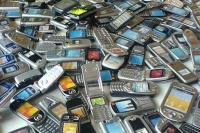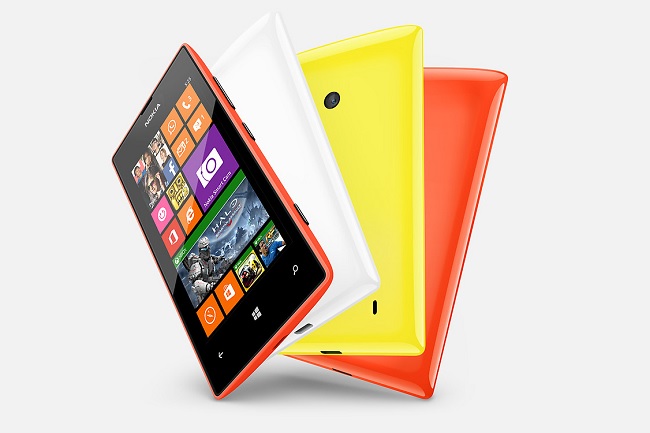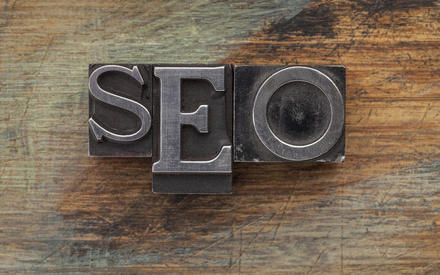Who will win: an e-book or a regular one? The battle continues
 Many people do not cease to ask themselves the questions: will the development of electronic technologies “destroy” the printing of books as such? Or anyway, individual judges will remain who prefer to read real books and newspapers, rather than use e-readers and find out the latest news on various Internet portals.
Many people do not cease to ask themselves the questions: will the development of electronic technologies “destroy” the printing of books as such? Or anyway, individual judges will remain who prefer to read real books and newspapers, rather than use e-readers and find out the latest news on various Internet portals.
I want to talk about what is so good e-books, or, as they are simply called, “reader” or “reader.”
1. They are light.
The weight of the book matters. Remember your school childhood and a heavy briefcase full of books. Often such portfolios are worn carelessly on one shoulder, which leads to the curvature of the spine and other health problems.Imagine: if all school textbooks are “downloaded” into the reader, then they will take not so much space there. And such a reader weighs from 150 to 300 grams (depending on the model).
How much do you think your schoolboy’s bag weighs?
2. Great memory.
A huge amount of information that can be placed in the memory of an e-book, will save you from having to carry with you a whole library, with all the necessary books you will always have on hand. The memory capacity of the reader can be increased according to your desire, it is enough to change the micro SD card.
3. Cheap.
The reader will cost you less than regular purchase of regular folios. Suffice it to recall the students. How many books did you have to buy during the years of study at the institute? And they cost relatively expensive, right? But not all textbooks and literature can be found in the institute or city library. Books in electronic form are cheaper.
4. Comfortable.
Some argue that it’s inconvenient to read e-books. It is not true! I would say, at first it is unusual, but, as they say, you quickly get used to good things.
What is the main convenience? You can choose a convenient font size and screen brightness. And if necessary, use automatic screen backlighting.
5. Not harmful to health.
E-books do not harm your health. If you bought a “reader” with a good screen, your eyes will not get tired, because, as a rule, the font of the text on such a “reader” is very similar to the newspaper one: the background of the screen has a grayish tint, and the text is displayed in a simple font that is the most comfortable for perception.
Glare that occurs on the surface of the screen, prevent to perceive the information normally, but if the screen of the book is matte, it will make reading more comfortable.
6. Reading speed increases.
This may seem strange. But I made sure that it takes me much less time to read the entire book on the reader than to read a regular book. I do not know what it is connected with. Perhaps, with the fact that you do not need to physically flip through and skip eyes from the right page of the book to the left.
7. Do not affect the perception of the text.
There are no facts that reading the text worsens while reading the reader. As a rule, two things affect the perception of the text: the complexity of the text itself for the reader and distracting factors (external or internal).
8. Hypoallergenic.
E-books are hypoallergenic – this is a buzzword that is often used in cosmetics advertising; it can also be attributed to electronic readers.
Yes, it is very pleasant to collect throughout my life books, a multivolume library, which can then be passed on to my grandchildren. Here are just cabinets with dusty toms are a source of strong allergies.
Therefore, if your nostalgic dream is to “shake off the dust from the yellowed pages,” then allow me to do this and leave.
9. Not tested on animals!
No less important property of electronic books is that they help to preserve nature. Consider how many trees go into producing one book with a circulation of 3,000 copies? And how much harmful emissions into the atmosphere occur as a result of the work of printing houses?
10. Save resources.
If we talk about the process of typing, then there are expenses for such resources as:
– rental of premises (as a rule, this is the largest item of expenditure);
– utilities (electricity, plumbing, sewage, gas, elevator …);
– wages of employees (including taxes and pension payments);
– raw materials for future books (paper, printing ink);
– equipment printing (printing presses, booklet makers, etc.);
– depreciation of equipment (repair, maintenance);
– training;
– taxes …
To use e-books, it is enough to incur costs for the following resources:
– the Internet;
– electricity;
– typesetters text;
– site for the sale of literature;
– VAT.
It turns out that e-books are cheaper to cost both in production and for buyers.
Will electronic storage media be replaced by ordinary paper? I think yes. People will quickly get used to what is more convenient for them. Already, I see in the subway people of “Balzakovsky” age reading e-books.



